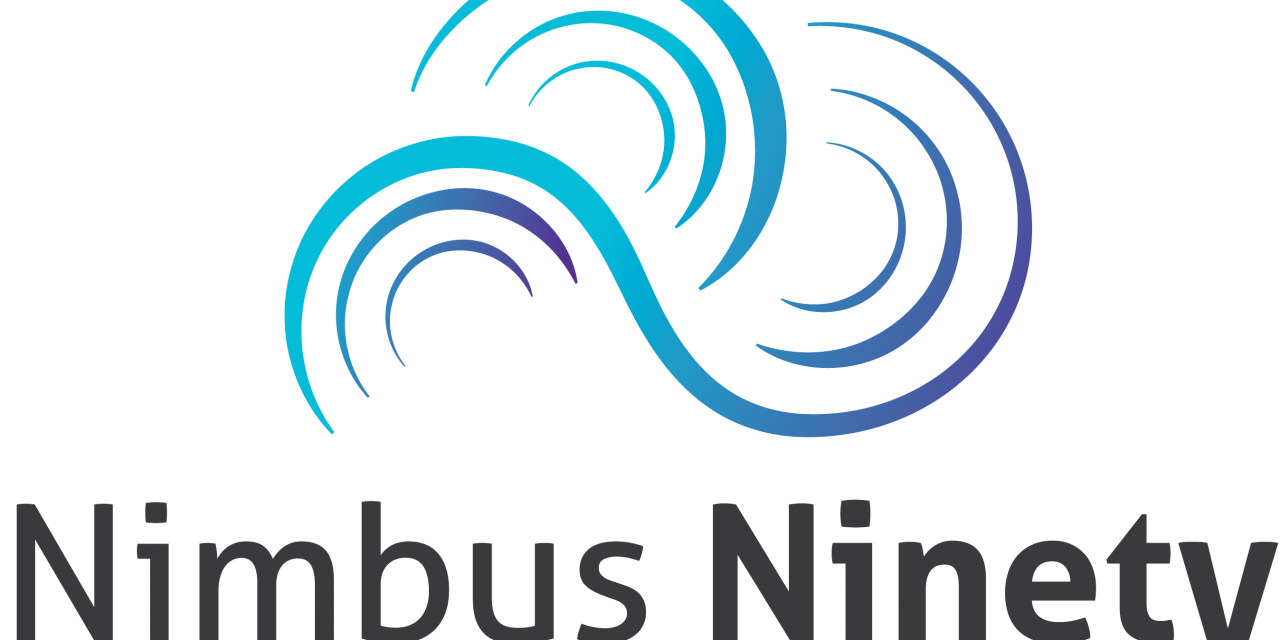
2021: A State of Optimism?
“Cautious optimism is hugely important,” the CIO of a large coffee shop chain told us at the end of 2020. The sentiment of caution is familiar: the lockdown life we have all come to know is characterised by endless cancelled plans, delayed returns to the office and an underlying sense of uncertainty. Any optimism that we entertain must be held up with the slightest suspicion that our well-laid plans may indeed fall apart.
It is into this climate of uncertainty that businesses must plan for the year ahead. Headwinds and fundamental market changes resulting from Brexit, a mass exodus from the high street and increased need for digital capability are just a handful of the pressures faced by business leaders this year.
As articulated by our coffeeshop CIO, with uncertainty comes caution; but as businesses embark on the road to recovery, there must be a level of optimism that holds faith in success. A survey of the Nimbus Ninety community revealed some of the hopeful sentiments that will drive positive change in the year ahead.
NO BUSINESS IS AN ISLAND
Increased openness to collaboration is set to be one of the biggest changes in 2021, with 79% of business leaders agreeing that they need to be more open to external collaboration and ecosystems in order to grow. For economists, world leaders and business mavericks who have been encouraging collaboration for years - to address serious crises from income inequality to the climate emergency - things are looking up. But why is this?
For Caroline Gorski, Group Director of the R2 Data Labs at Rolls Royce, much of her life’s work has been exploring how to build effective data collaborations. Over Zoom, she explained to me the spike she’d seen in the desire to collaborate during the pandemic. “I’ve been trying to build data collaborations for the best part of 25 years, and this is the first time we’ve really got one off the ground - partly because of the sheer scale of the problems we’re facing. It forces commercial organisations to put their narrow, transactional considerations to one side.”
As businesses become less protectionist, less transactional and more open, the potential impact we could see on economic and social progress is substantial. It’s no secret that collaboration creates value: according to a BCG study, building more open ecosystems creates the opportunity to generate more revenue, interact with more partners and create new products.
However, when it comes to addressing global challenges, collaboration between the public and private sector has been urged by figures including economist Mariana Mazzucato, Klaus Schwab (director of the World Economic Forum) and former Soviet leader Mikhail Gorbachev.
INNOVATION ROCKET FUEL
2020 was the year of hearing an articulation of the old paradigm: “there’s nothing like a crisis to (insert positive outcome here).” For many businesses, there was nothing like a crisis to drive innovation, simply out of pure necessity. In April 2020, Google CEO Sundar Pichai encouraged businesses globally by sharing that the company itself had been born out of a crisis: “Google was built in a moment of severe scarcity. That inspired us to solve problems with constraints.”
For the Nimbus Ninety community, the need to overcome challenges from dented supply chains to consumer behaviour that changed overnight, drove innovation more than ever. 71% of respondents agree that they’ve become more innovative in the last 12 months than in the last 5 years, with only 4% strongly disagreeing with the statement. Unsurprisingly, disruptors agreed more vehemently with the statement than any other group.
The question is whether these lessons in innovation are here to stay, or if innovation will lull back to its pre-pandemic pace - it’s up to innovation leaders to decide.
OPTIMISTIC FOR RECOVERY?
At the close of 2020, the Financial Times predicted that at the end of 2021, the UK’s economy will still be 6.4% smaller than it was at the end of 2019 due to the profound economic shock of extensive lockdowns. A swift vaccine roll-out has the potential to shorten the path to recovery; but with numerous unknowns at play, forecasters are unsure as to how optimistic we can be looking forward.
In the Nimbus Ninety community, 79% expect recovery from the COVID-19 pandemic in the next three years for their organisations, with only 2% expecting recovery to take five years or more. It’s unclear what 'recovery' will look like or what it means for so many sectors, with a return to the pre-covid conditions that we knew before increasingly unlikely as short-term changes become fundamental behavioural shifts.
Part of this optimism can be attributed to the perceived opportunities that lie ahead, with 65% of business leaders seeing opportunities coming out of the pandemic. Double the number of respondents now view themselves as disruptors (industry leaders that set the trends and break moulds), suggesting that an increased appetite for change is one positive aspect to come out of the pandemic. With disruptors at the helm of innovation, surely we will see new business models and products born of the pandemic’s impacts.
It seems there is a strong case for optimism as 2021 unfolds, but the 'proceed with caution' caveat isn’t going away anytime soon.


